Autowiring Iterators/Locators with Attributes¶
Contributed by
Alexander M. Turek
and Nicolas Grekas
in #40406.The traditional way of working with service tags in Symfony applications involves these steps: Apply some tag to one or more services (either manually or applying a tag automatically to all services that implement some interface); Add some service configuration to tell Symfony to inject all services tagged with that tag into another service; Prepare that other service to receive tagged services as a PHP iterator, This process can quickly become repetitive and boring. That’s why in Symfony 5.3 we’re improving this feature to inject tagged services with PHP attributes. Imagine that your application needs to inject all services tagged with a custom tag called app.handler. First, apply this tag automatically to all services whose classes implement a certain PHP interface: 1 2 3 4 5 6# config/services.yaml services: _instanceof: App\Handler\HandlerInterface: tags: ['app.handler']
...
Now, use the new #[TaggedIterator] PHP attribute to inject all the services tagged with that tag. You don’t need to add any extra configuration; just adding this new attribute is enough: 1 2 3 4 5 6 7 8 9 10 11 12 13 14 15// src/Handler/HandlerCollection.php namespace App\Handler; use Symfony\Component\DependencyInjection\Attribute\TaggedIterator; class HandlerCollection { private $handlers; public function __construct(
[TaggedIterator('app.handler')] iterator $handlers
) {
$this->handlers = $handlers;
}} Similarly, Symfony 5.3 includes a new #[TaggedLocator] PHP attribute to inject a service locator with all services tagged with some tag: 1 2 3 4 5 6 7 8 9 10 11 12 13 14 15 16// src/Handler/HandlerCollection.php namespace App\Handler; use Psr\Container\ContainerInterface; use Symfony\Component\DependencyInjection\Attribute\TaggedLocator; class HandlerCollection { private $handlers; public function __construct(
[TaggedLocator('app.handler')] ContainerInterface $handlers
) {
$this->handlers = $handlers;
}} Selecting Autowire Alias with Attributes¶
Contributed by
Nicolas Grekas
in #40800.Autowiring aliases are needed when your application uses autowiring and there are multiple implementations of the same type. For example, consider the following scoped HTTP client created to work with GitHub API: 1 2 3 4 5 6 7 8 9# config/packages/framework.yaml framework: http_client: scoped_clients: githubApi: scope: 'https://api\.github\.com' headers: Accept: 'application/vnd.github.v3+json'
...
If you want to inject this scoped HTTP client in a service, it’s not enough to type-hint the constructor argument with HttpClientInterface. You must use the interface as the type-hint and the autowiring alias (githubApi) as the variable name: 1 2 3 4 5 6 7 8 9 10 11 12 13use Symfony\Contracts\HttpClient\HttpClientInterface; class GitHubDownloader { private $githubApi; public function construct(HttpClientInterface $githubApi) { $this->githubApi = $githubApi; } // ... } This mechanism works well, but having to use some specific variable names is too rigid for some developers. In Symfony 5.3 you can use any variable name because we’ve introduced a #[Target] attribute to select the autowiring alias. This is how the same example looks in Symfony 5.3: 1 2 3 4 5 6 7 8 9 10 11 12 13 14use Symfony\Component\DependencyInjection\Attribute\Target; use Symfony\Contracts\HttpClient\HttpClientInterface; class GitHubDownloader { private $httpClient; public function construct(#[Target('githubApi')] HttpClientInterface $httpClient) { $this->httpClient = $httpClient; } // ... }
Sponsor the Symfony project.Autentifică-te pentru a adăuga comentarii
Alte posturi din acest grup
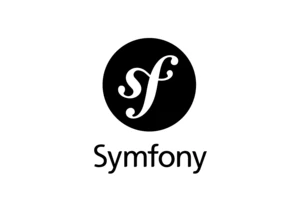
This week, Symfony unveiled the Symfony AI initiative, a set of components and bundles designed to bring powerful AI capabilities directly into your PHP applications. In addition, we published travel
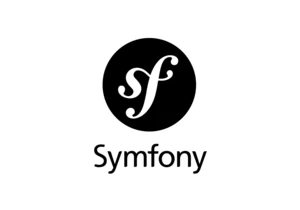
Today we are happy to announce a new Symfony initiative called Symfony AI - with the goal to provide a comprehensive set of components and bundles designed to bring powerful AI capabilities directly i
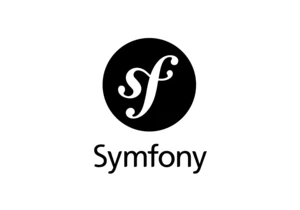
SymfonyCon Amsterdam 2025, our next annual international Symfony conference, will take place on:
November 25 & 26: 2 workshops days with several topics to learn, practice and improve your skills
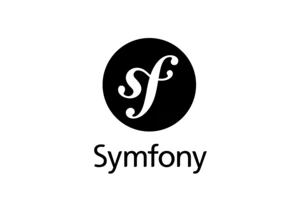
This week, development on the upcoming Symfony 8.0 version continued with the removal of deprecated features and the marking of several classes as final. In addition, we published two new case studies
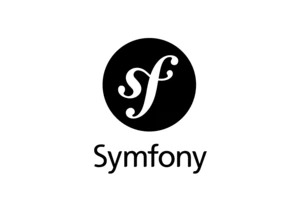
At Wide, Micropole’s digital agency, they help leading brands modernize their digital infrastructures while ensuring scalability, security, and performance. When Audi France approached them to migrate
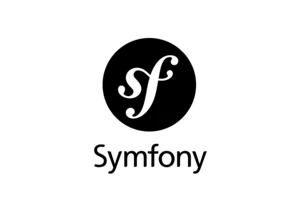
Vente-unique.com, a leading European online retailer of furniture and home decor, operates in 11 countries, powered by a team of 400 professionals and serving more than 3 million customers. From 15 ye
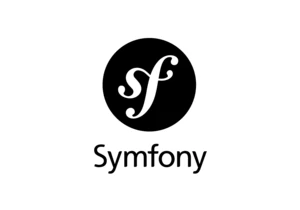
This week, Symfony 6.4.23, 7.2.8 and 7.3.1 maintenance versions were released. Meanwhile, the upcoming Symfony 7.4 version continued adding new features such as better controller helpers, more precisi
